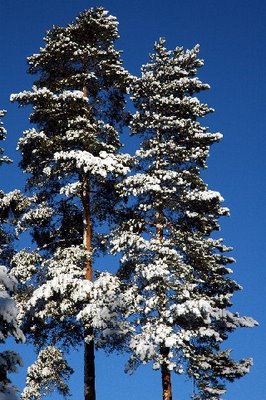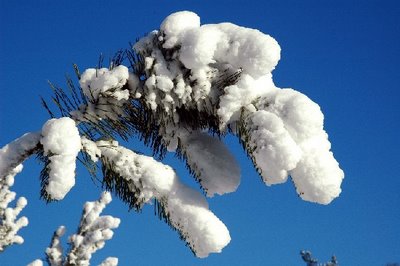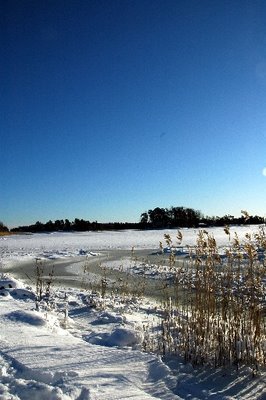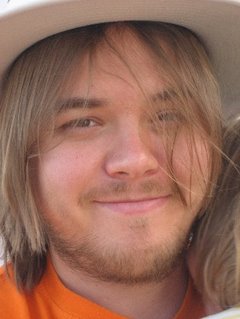Dialogue and debate
Just a brief reflection about teaching after which has been a mixed day: a great discussion with a colleague, framed by an extravagant lunch at Savoy, elation at being able to start work with some old friends on a new paper I feel strongly about, the feeling of chaos finally subsiding at work, yet saddened by the hardships encountered by two very dear friends in their careers.
But, my point was about teaching (my 2-year old daughter commented, when I came back from work today: "daddy has been working again. Daddy teaches people on how to do things"). Yesterday I had a lecture which I still feel unsure about. I have been trying to make sense of why this is.
In a nutshell, the problem seems to be that I had the feeling that I was not able to communicate with the students. I have little idea of whether what I was talking about made sense to them. The lecture, a guest lecture at HUT, was about critical viewpoints on organizational strategy. As the topic is often quite counterintuitive to many students unexposed to such ideas ("what do you mean? of course you need to have strategy!") , I found myself really pushing the topic through.
In the process, I may have forgotten that the point is not to push a topic through but to engage in a dialogue with the audience and have them engage the topic themselves. With more familiar and easily marketable topics such as strategy implementation, or whatever problem with practical or managerial relevance, it is much easier to try to locate the starting point the present students have on the topic. In situations where you have to validate the topic itself, dialogue easily becomes a debate.
Just a brief reflection about teaching after which has been a mixed day: a great discussion with a colleague, framed by an extravagant lunch at Savoy, elation at being able to start work with some old friends on a new paper I feel strongly about, the feeling of chaos finally subsiding at work, yet saddened by the hardships encountered by two very dear friends in their careers.
But, my point was about teaching (my 2-year old daughter commented, when I came back from work today: "daddy has been working again. Daddy teaches people on how to do things"). Yesterday I had a lecture which I still feel unsure about. I have been trying to make sense of why this is.
In a nutshell, the problem seems to be that I had the feeling that I was not able to communicate with the students. I have little idea of whether what I was talking about made sense to them. The lecture, a guest lecture at HUT, was about critical viewpoints on organizational strategy. As the topic is often quite counterintuitive to many students unexposed to such ideas ("what do you mean? of course you need to have strategy!") , I found myself really pushing the topic through.
In the process, I may have forgotten that the point is not to push a topic through but to engage in a dialogue with the audience and have them engage the topic themselves. With more familiar and easily marketable topics such as strategy implementation, or whatever problem with practical or managerial relevance, it is much easier to try to locate the starting point the present students have on the topic. In situations where you have to validate the topic itself, dialogue easily becomes a debate.









